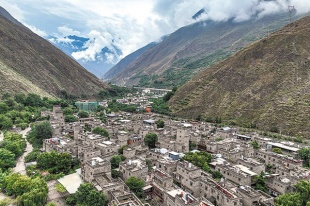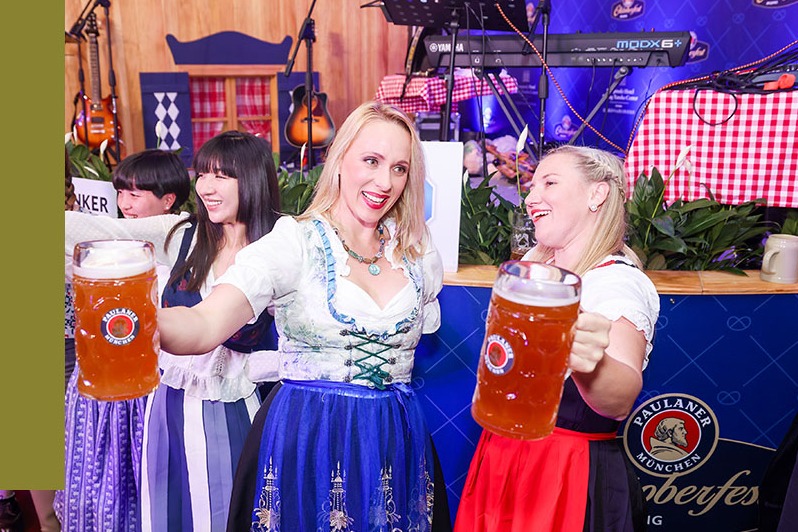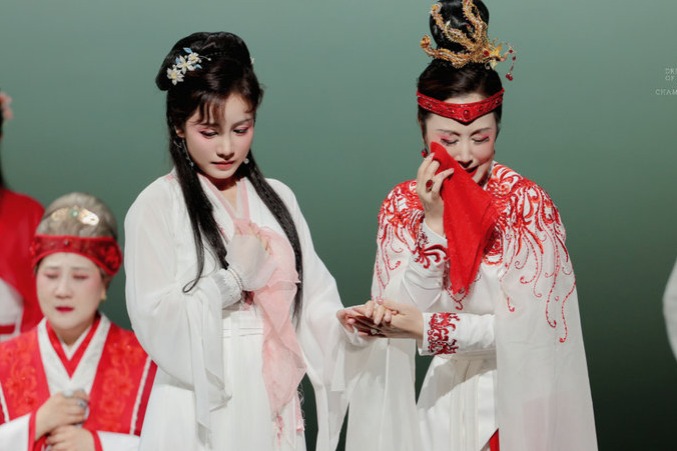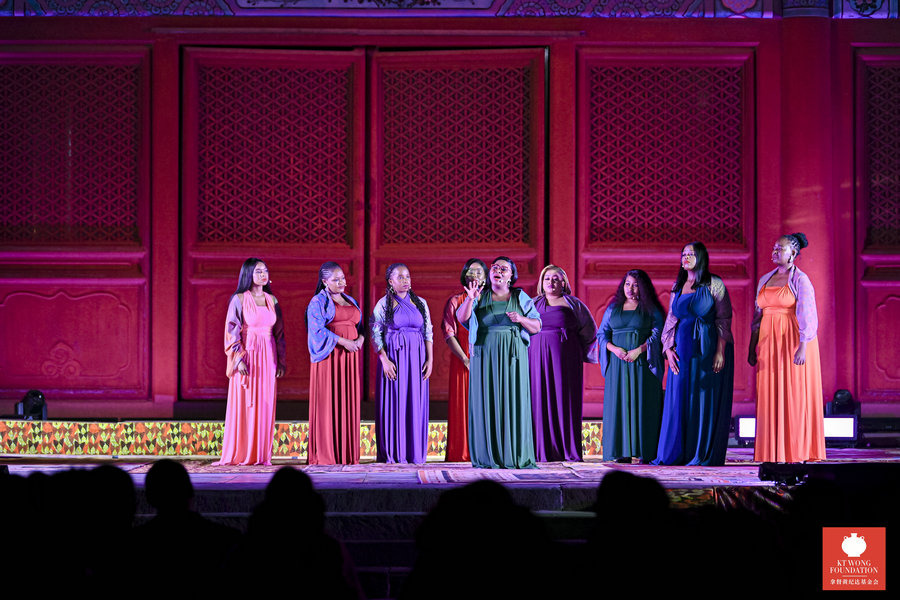Tourism revives millennia-old Qiang village


She is not shy about saying she now leads a life that seemed unattainable in her youth. The income her family brought in by selling Sichuan peppers was essential during her childhood, she remembers, and the children would work alongside the adults all day long throughout the harvest season as sun-dried peppers fetched a high price.
"With over 440 households and a population of more than 1,300, the village no longer relies on herding. Half of our workforce is now involved in tourism, and we also cultivate over 1,000 mu (67 hectares) of cherries and various other fruits. In recent years, the average income per mu has been about 60,000 yuan," says Yang Buyi, Party chief of Taoping.
People of the Qiang ethnic group have not only witnessed the post-quake reconstruction of their hometown and watched it transform into a thriving tourist destination, but also experienced the resurgence and flourishing of the Qiang culture.
"My family has lived here for generations, so I am delighted to witness the prosperity of the village and the continuation of the Qiang culture," says Wang Jiajun, standing amid a crowd of visitors in the folk culture museum he established.
Wang, who is over 80 years old, spent more than 20 years collecting over 1,000 Qiang artifacts for the museum, where they are displayed today.
"Look at these three sets of local artifacts — cauldrons crafted from clay, copper and iron. Despite the passage of over 1,000 years, their forms remain unchanged," Wang says. "This is a symbol of cultural inheritance, and I hope that our excellent traditional culture will continue to be passed down."
Xinhua






































